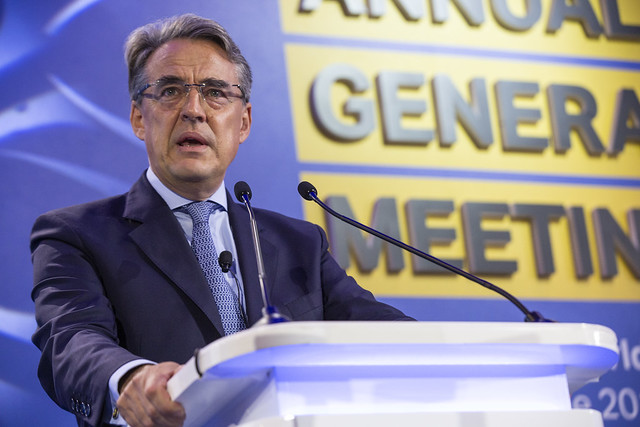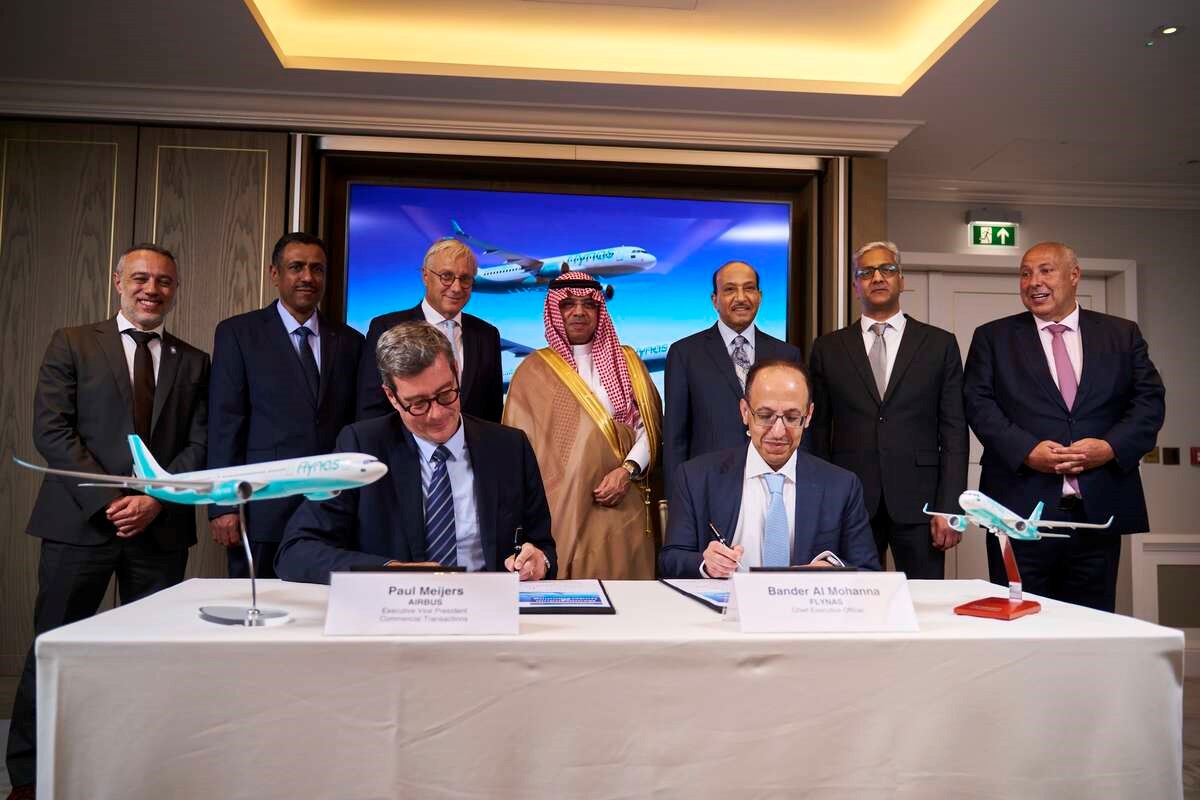Airlines fight European push to tax tickets and fuel
21 June, 2019
4 min read


Airlines are attempting to head off an attempt by Holland and France to convince European nations to end tax exemptions on aviation fuel and airline tickets.
The move is part of discussion aimed at making the European Union carbon neutral by 2050.
The Netherlands wants to end tax exemptions for air travel and has foreshadowed a 7.5 euro ticket tax for departing passengers if it can’t get a wider agreement.
France wants a tax on jet fuel — something that happens in countries such as the US and Australia but not in the EU — in an attempt to change the behavior of travelers.
But the International Air Transport Association has commissioned research that shows passengers want governments to encourage the development of new technologies and sustainable aviation fuels to reduce aviation carbon emissions “rather than impose ineffective ‘environmental’ taxes.
READ: Industry heavyweights join forces on climate change.
The survey found that almost two-thirds of passengers want governments to support the development of sustainable aviation fuels, while 62 percent favor support research and development of new technology and better operations
Only about one in five favored environmental taxes.
“Aviation takes the climate change challenge very seriously,’’ IATA director general Alexandre De Juniac said.
“For more than a decade we have set and exceeded tough targets for carbon emissions, and we plan to achieve much more.
“Public opinion has a clear message to governments: work with aviation to encourage investment in clean fuels, and new hybrid and electric technology. This will help airlines cut emissions in half by 2050.’
The IATA push comes as a sharp fall in global airline share prices in May suggests investors are expecting tougher times ahead as the industry weathers a downturn in the cycle.
The association said first-quarter results showed that global net profits weakened compared to the same quarter a year ago, driven by falls in Europe and Latin American.
There was variation among regions with North America and the Asia-pacific both seeing a rise in profitability.
Global airline share prices fell sharply by 10 percent in May and have fallen 3.5 percent since the beginning of the year.
This saw them substantially underperform the global equity market, which rose by 7.9 percent.
IATA said the May decline was due to rising concerns regarding profitability and the potential impact of a US-China trade war on airline performance.
“All three regional sub-indices fell during the month,’’ it said. “Europe (-18.4%) and North America (-12.5%) were the regions that declined most.”
The IATA report said the oil and jet fuel prices lost their strong upward momentum in May, with Brent Crude at $US62 per barrel and jet fuel at $US75 per barrel at the time it was written.
It said the futures market indicated oil would be around $US60 per barrel in December, about $US10 lower that the pricing at the beginning of May.
This partially eased the heightened concerns a month ago on the cost side for airlines, it said.
The report noted there was continuing downward pressure on base fare passenger yields, which exclude surcharges and ancillary revenues, but premium yields edged up in March.
“Overall global average passenger yields in US$ terms were 6.0 percent lower compared to a year ago in March as airlines were not able to pass through cost increases through higher base fares to customers,’’ it said.
“ As global economy growth forecasts are being revised down, industry-wide passenger yields are expected to remain under pressure.”
Next Article
2 min read
Qantas triples profit but misses mark

Get the latest news and updates straight to your inbox
No spam, no hassle, no fuss, just airline news direct to you.
By joining our newsletter, you agree to our Privacy Policy
Find us on social media
Comments
No comments yet, be the first to write one.
